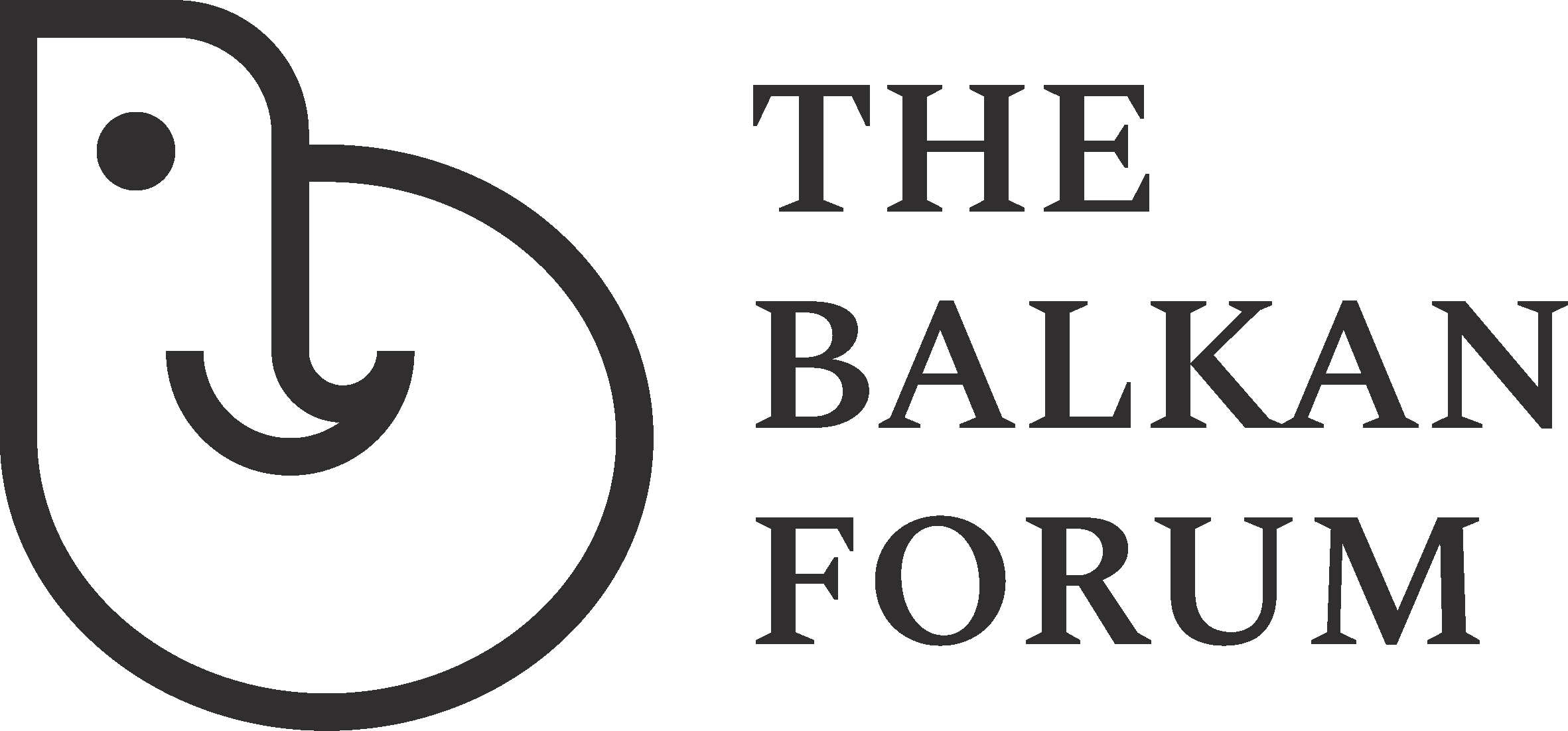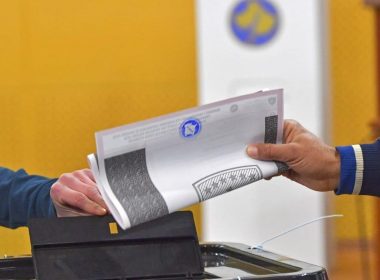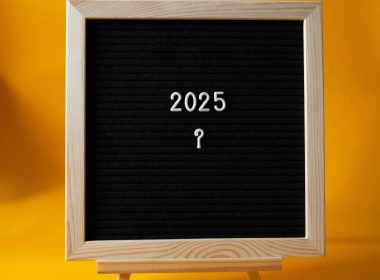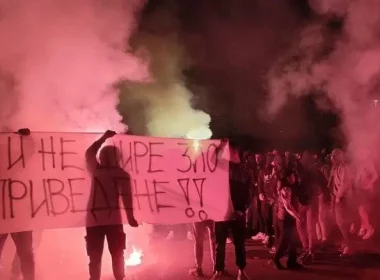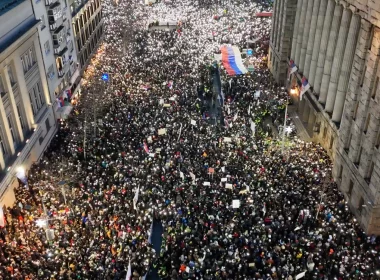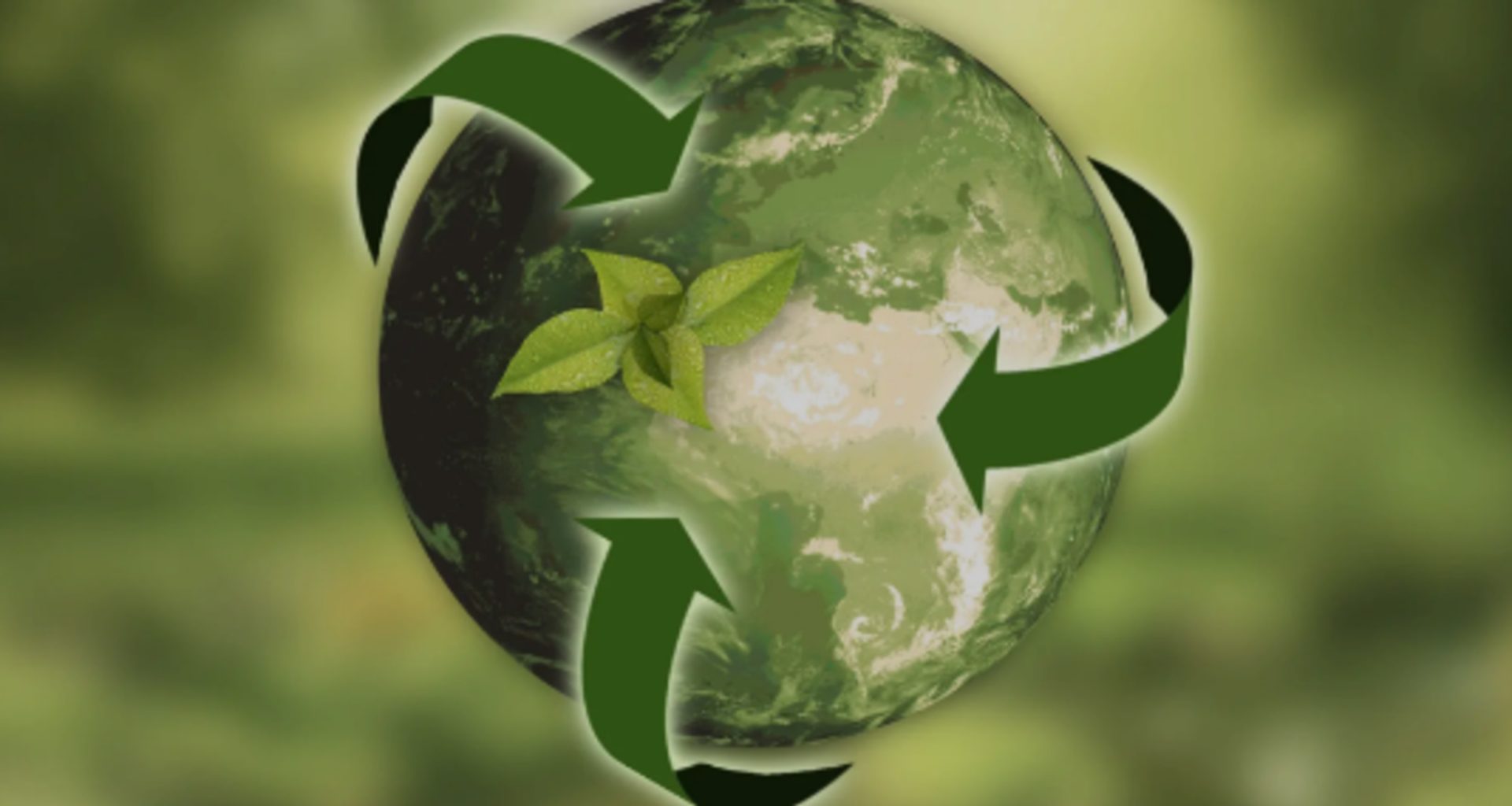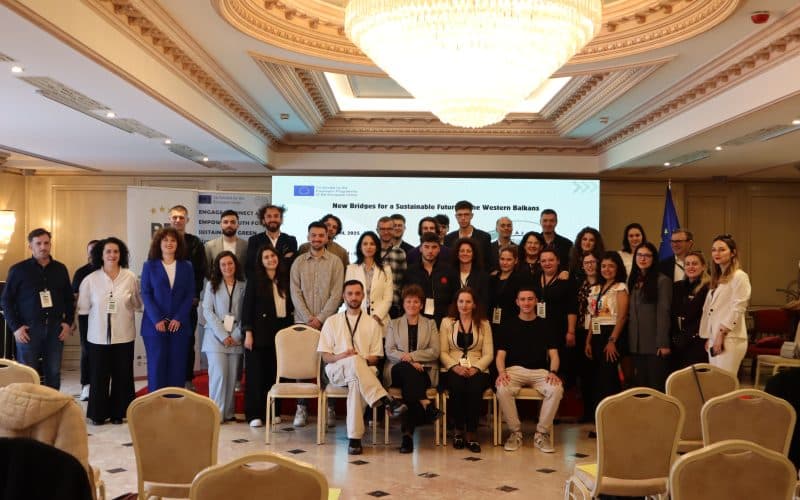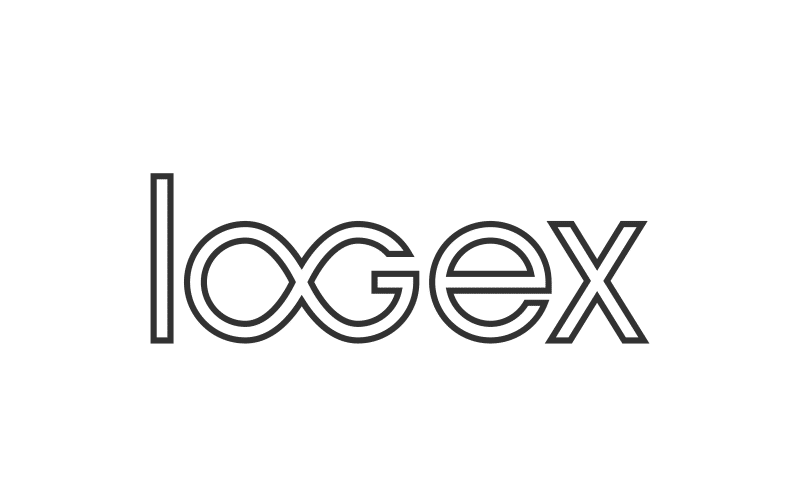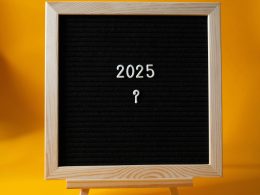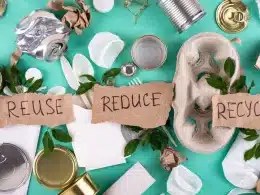World Environment Day, observed every year on June 5th, is a global call to action to protect our planet and embrace sustainable practices. This day highlights the pressing need for a transformative approach to our production and consumption patterns. Central to this movement is the concept of the Green Agenda, which encompasses a comprehensive array of policies and initiatives designed to foster environmental sustainability and combat climate change. The Green Agenda promotes various strategies aimed at creating a healthier planet, including:.
The Green Agenda is particularly relevant to the Western Balkans, one of Europe’s regions most severely affected by climate change. According to the Guidelines for the Implementation of the Green Agenda for the Western Balkans, temperatures in the region are projected to rise between 1.7°C and 4.0°C by the end of the century, with some estimates exceeding 5.0°C depending on global efforts to reduce greenhouse gas emissions. These alarming trends underscore the urgent need for immediate and collective action to reduce emissions and adopt environmentally responsible practices.
However, the Green Agenda is not solely a governmental responsibility. It requires active participation from businesses, communities, and individuals. By cultivating a shared culture of sustainability, we can all contribute to a healthier and more equitable planet. This is where the Circular Economy becomes a vital component of change. Unlike the traditional linear model of “take-make-dispose,” the Circular Economy promotes a regenerative system in which resources are reused, refurbished, and recycled, thereby minimizing waste and conserving natural capital.
This model challenges us to rethink how we design, consume, and manage resources. It encourages long-lasting product design, responsible resource management, and a collaborative approach to innovation and sustainability. When effectively implemented, the Circular Economy reduces environmental impact, creates economic opportunities, and supports the transition to a low-carbon society.
Many governments and organizations are already leading the way in this transformation. The European Union’s Green Deal is a landmark initiative aiming to make Europe the first climate-neutral continent by 2050. A key component of this strategy is the Circular Economy Action Plan, which focuses on sustainable product design and reducing waste through innovative policy and industry cooperation.
Community engagement plays a crucial role in advancing these goals. Educational initiatives and public awareness campaigns help individuals understand the importance of sustainable living and empower them to make informed choices. From urban farming projects on rooftops to biodiversity initiatives in urban environments, grassroots efforts are showing that positive environmental impact is achievable on a local level.
Build Green Group is an active contributor to this global movement. The mission of the organization focuses on the provision of support to QH stakeholders at the national and local level in Albania through three (3) key pillars: Climate Change , Circular Economy and Environmental Digitalization. BGG’s mission centers on supporting Albania’s transition to a green and circular economy, with strategic focus areas including climate change education, environmental digitalization, and sustainable innovation. The organization operates at local, national, and regional levels, implementing research-driven programs, capacity building, and ecosystem support initiatives. BGG`s work promotes climate resilience, sustainable resource use, and digital tools for environmental management, aligning closely with the Green Agenda’s priorities. By fostering cross-sector collaboration and empowering local actors, BGG helps integrate green policies into practice and advance a sustainable, climate-smart future for the region.
Together, through education, innovation, and collaboration, we can build a greener and more sustainable world for generations to come.
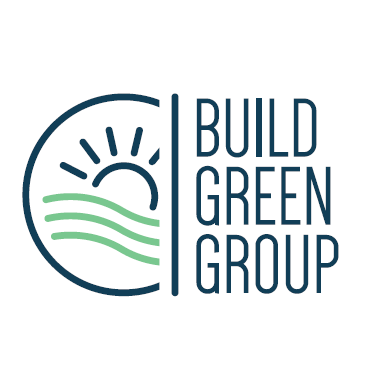
Build Green Group
BGG Albania
The views and opinions expressed in the blogs published under the Towards 2030 initiative are solely those of the author(s) and do not necessarily reflect the views of The Balkan Forum.
